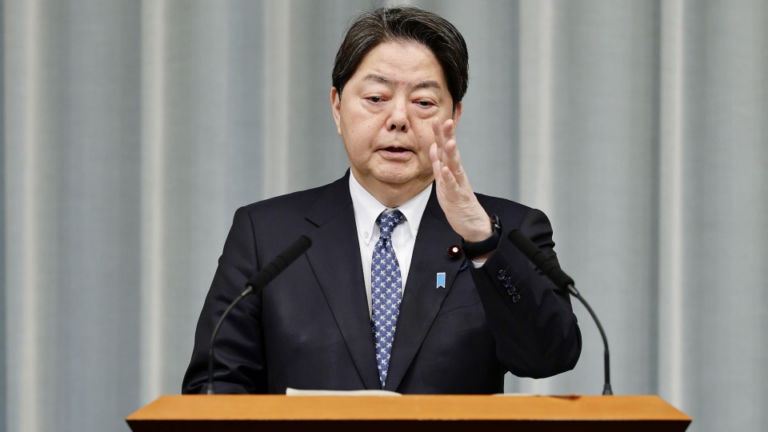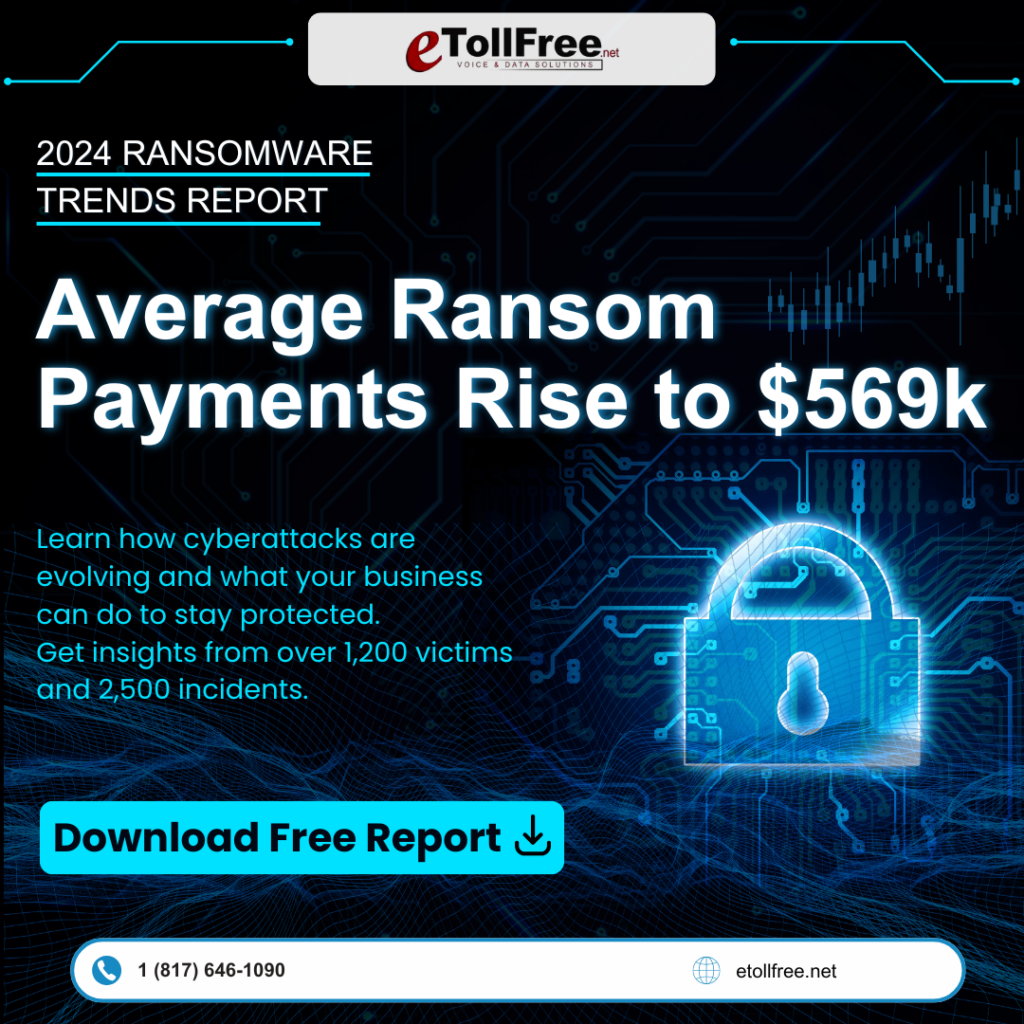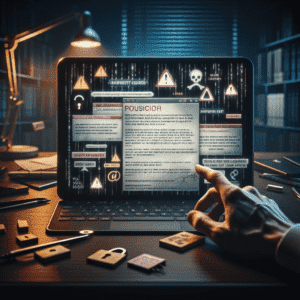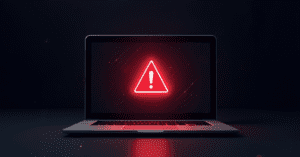Japan Plans New Law to Strengthen Online Security and Protect Data
Imagine waking up one morning to find that the trains aren’t running and your phone has no internet. You might think you’ve stepped into a scene from a science fiction movie, but for Kai and his little sister Emi, this was their new reality. And it was not a pleasant one. Japan’s vulnerabilities to cyberattacks were laid bare when a hacker targeted critical systems, sparking a national conversation on the need for more robust cybersecurity measures. This is where Japan’s plans for a new law come into play, aiming to strengthen online security and protect data, so such chaos doesn’t become routine.
Why Japan Needs Improved Online Security
Over breakfast, Kai’s dad explained, “This isn’t just about kids missing school; even the power company was hit.” This stark realization of how intertwined our lives are with technology underscores why Japan is pushing for a new rule in parliament. Similar to when they call the police on seeing a thief, the new law would allow police and the Self-Defense Forces to intervene in cyberattacks. If hackers can mess with trains and potentially interrupt electricity, stronger defenses are essential.
Japan’s ambition is to align with global cybersecurity standards observed in places like the U.S. and Europe. This means fortifying essential infrastructures, such as power plants and public transportation, against cyber threats. The goal is to ensure life doesn’t grind to a halt because someone in a hoodie decided to press a few keys.
How the Proposed Cybersecurity Law Functions
Kai’s discussion with his friend Yuki shed light on how the law intends to work. “The police will block dangerous websites, and companies must report hacks immediately,” Kai explained. This approach reflects a proactive stance—catching potential threats before they spiral out of control. Moreover, the law is designed to handle big, organized cyberattacks from abroad, recognizing the need for vigilance against international threats.
If a company, like a power grid or railway, fails to report a hack, they will face penalties. This measure ensures transparency and cooperation between corporations and the government. Additionally, officials caught leaking sensitive information will also face consequences, protecting the integrity of critical investigations.
Assuring Privacy While Securing Systems
“But what about privacy?” Yuki queried, a concern that resonates with many. Understandably, there’s fear that increased cybersecurity could lead to snooping, akin to having someone read your letters over your shoulder. The government, however, promises not to invade personal privacy, focusing strictly on potential threats. It’s a delicate balance—protecting citizens while respecting their private lives—like the cryptographic shield of strong passwords that secures without suffocating. The goal is to protect key systems while ensuring that the privacy of personal conversations remains untouched.
Lessons Learned from the Internet Blackout
Walking home, Kai reflected on how heavily their everyday lives depend on stable and secure internet. The recent cyberattack, a wake-up call, emphasized how vulnerabilities could disrupt society. Imagine the chaos in an interconnected world where constant connectivity is assumed. It’s no longer just about protecting gaming accounts—should these systems fail, national stability wavers.
Japan’s steps toward fortifying cybersecurity become increasingly vital in preserving the delicate fabric that binds daily activities. It’s not merely a technical upgrade; it’s safeguarding a way of life. As digital realms intertwine with reality, the repercussions of breaches can reflect not just in inconveniences, like missing trains, but in serious national security challenges.
Final Thoughts
The day the internet went dark for Kai and Yuki serves as a reminder of both the vulnerabilities and the resilience technology brings. By proposing a new law to enhance online security and protect data, Japan aims to prevent future crises and ensure that the infrastructure that keeps society running isn’t upended overnight. As Kai and Yuki discovered, a strong digital security framework isn’t just about convenience—it’s a necessity in an increasingly digital world.










